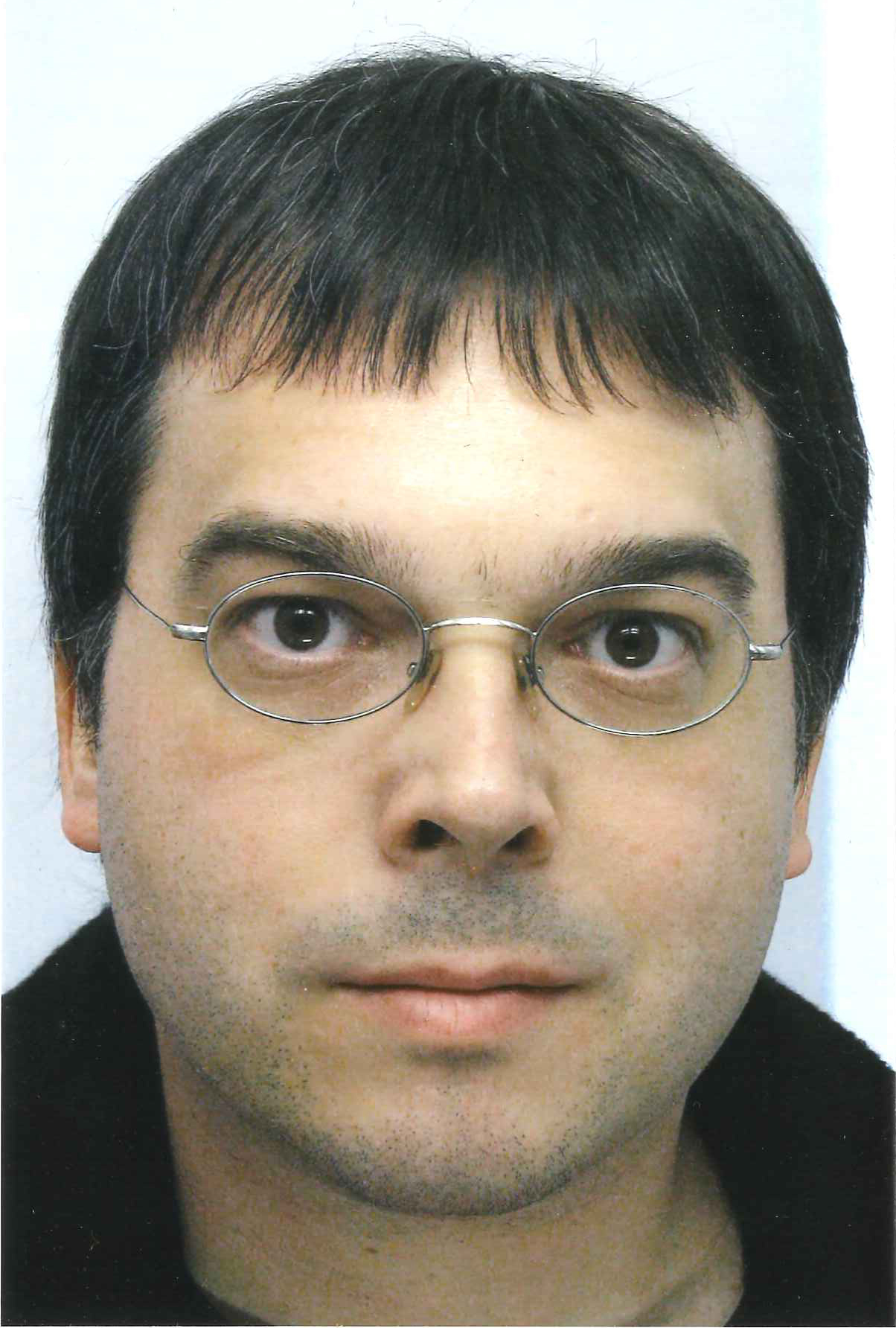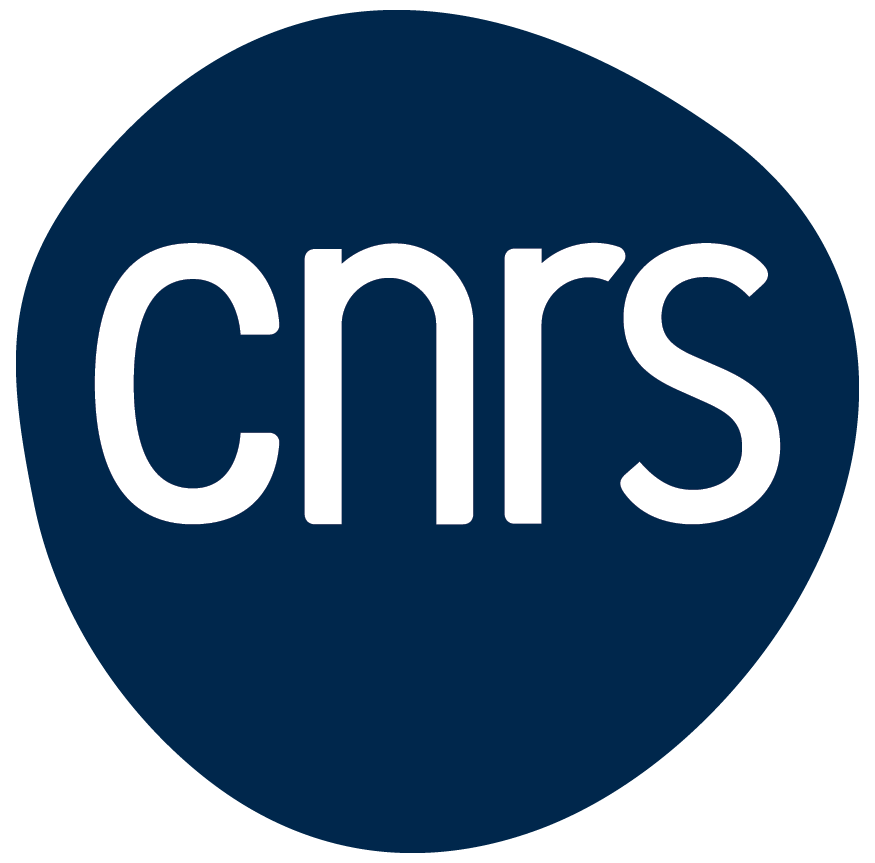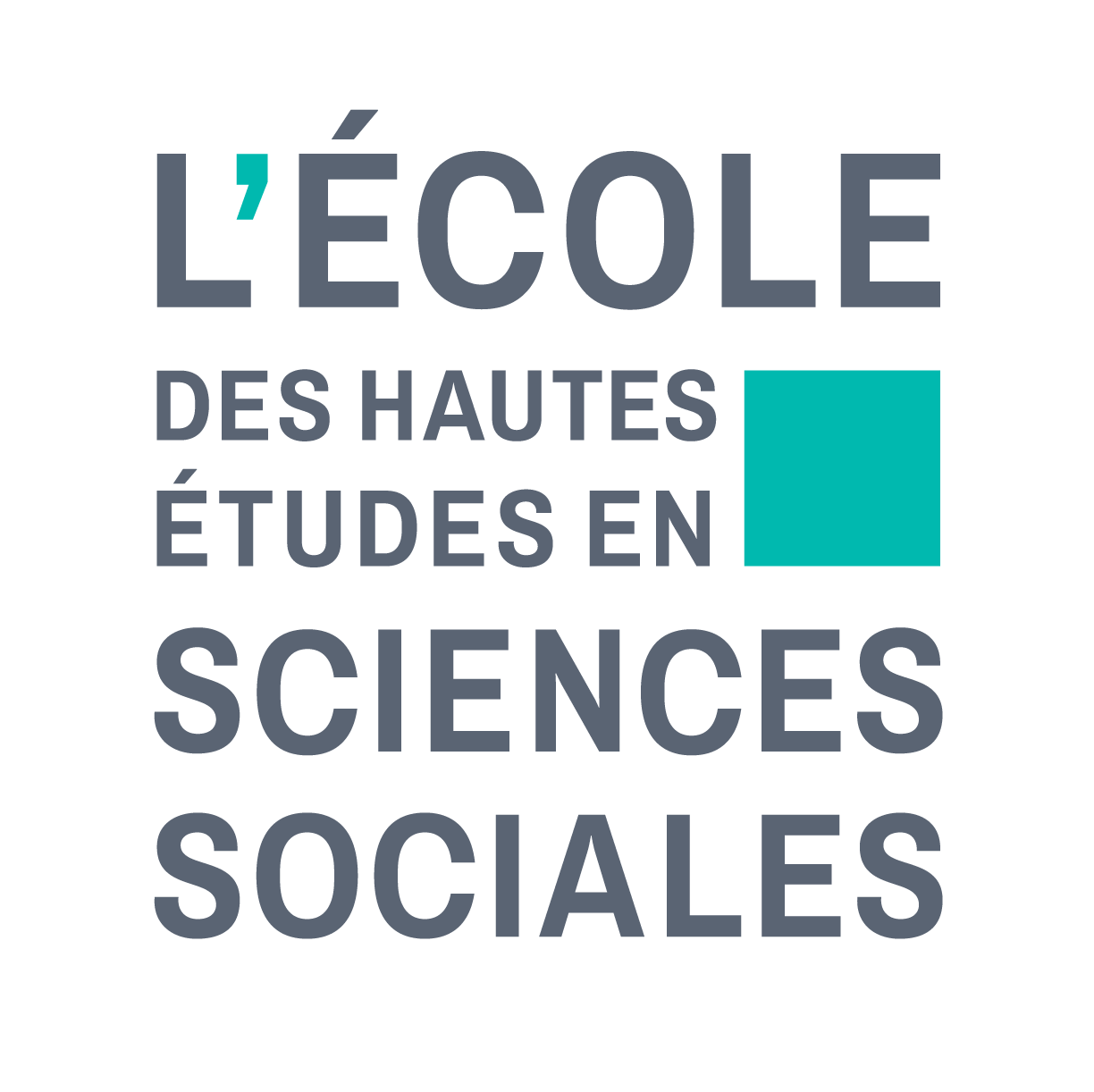Post-doctorants 2012-2014 |
Heining Trüper

Coordonnées professionnelles
EHESS
CRH-GEHM
190-198, avenue de France
75244 Paris cedex 13
Project post-doc: Grammaire et moderntié : Enquêtes sur les philologies orientales, 1850-1930. Hôte du projet à l’EHESS-CRH : Sabina Loriga.
Financement du projet : Bourse Marie Curie, programme M4Human de la Gerda-Henkel-Stiftung 2012-2014 au centre de recherches historiques (EHESS-Paris)
Parcours universitaire
-
Etudes d’histoire, philosophie, langue et littérature allemande aux Universités de Göttingen, Berkeley, et Gand :
-
2009-2011 : Post-doctorat Université de Zurich
-
2004-2008 : Doctorat Institut Universitaire Européen à Florence
-
2003 : Maîtrise
Publications
Monographies
-
Die Vierteljahrschrift für Sozial- und Wirtschaftsgeschichte und ihr Herausgeber Hermann Aubin im Nationalsozialismus, Stuttgart: Steiner, 2005 (VSWG-Beihefte, 181)
-
Topography of a Method. François Louis Ganshof and the Writing of History, Florence: European University Institute, 2008 (dissertation doctorale, à paraître)
Direction d’ouvrages collectifs
-
(with Niklas Olsen) Cultural Sites of Historical Writing: Perspectives on Rhetoric, Practice and Politics, theme issue in: Storia della Storiografia 53, 2008.
-
(with Sven Trakulhun) Biography Afield in Asia and Europe, theme issue in: Asiatische Studien 67, n° 4, 2013.
-
(with Dipesh Chakrabarty and Sanjay Subrahmanyam) Ends of History: Tracking Teleology in the Nineteenth and Twentieth Centuries, forthcoming London: Bloomsbury Academic, ca. 2015 (Work in progress)
Articles
-
“Das Klein-Klein der Arbeit. Die Notizführung des Historikers François Louis Ganshof”, in: Österreichische Zeitschrift für Geschichtswissenschaften 18, n° 2, 2007, pp. 82-104
-
(with Niklas Olsen), “Cultural Sites of Historical Writing: Introduction”, in: Storia della Storiografia 53, 2008, pp. 43-45
-
“History Takes Time and Writing Takes Time, Too. A Case Study of Temporal Notions in Historical Text”, in: Storia della Storiografia 53, 2008, pp. 73-96
-
“Learning Experiences, Emulating Affects, and Crafting Historicity: Franz Ganshof on Bruges, 1906, 1909”, in: European Review of History, 17, n° 1, 2010, pp. 125-149
-
“Primacy of the Historical. On a Few Snippets of Text with a View to Witnessing, Scholarship and Political Experience”, in: History of Political Thought 32, n° 1, 2011, pp. 97-123
-
“Unordnungssysteme. Zur Praxis der Notizführung bei Johan Huizinga”, in: zeitenblicke 10, n° 1, 2011.
-
“Suchen und Finden: Notizführung und Grammatik bei Theodor Nöldeke”, in: Thomas Brandstetter, Thomas Hübel, Anton Tantner (eds.),Vor Google: Suchmaschinen im analogen Zeitalter, Bielefeld: Transcript, 2012, pp. 171-99.
-
“Wie es uneigentlich gewesen. Zum Gebrauch der Fußnote bei Julius Wellhausen”, in: Zeitschrift für Germanistik, N.F. 23, n° 2, 2013, pp. 329-42
-
“Wild Archives: Unsteady Records of the Past in the Travels of Enno Littmann”, in: History of the Human Sciences 26, n° 4, 2013, pp. 128-48.
-
“Biography Afield”, in: Asiatische Studien 67n° 4, , 2013, pp. 1059-74.
-
“Dispersed Personae: Subject Matters of Scholarly Biography in Nineteenth-Century Oriental Philology”, in: Asiatische Studien 67, n° 4, 2013, pp. 1325-60.
-
“Löwith, Löwith’s Heidegger, and the Unity of History”, in: History and Theory 53, n° 1, 2014, pp. 45-68.
Work in progress:
-
“Matte farbige Schatten: Zugehörigkeiten des Gelehrtenpolitikers Carl Heinrich Becker”, under peer review in: Österreichische Zeitschrift für Geschichtswissenschaften 25, 2014.
-
(with Dipesh Chakrabarty and Sanjay Subrahmanyam), “Teleology and History: Nineteenth-Century Fortunes of an Enlightenment Project” in: id. (eds.), Ends of History: Tracking Teleology in the Nineteenth and Twentieth Centuries (working title), in preparation for London: Bloomsbury Academic, ca. 2015.
-
“Save Their Souls: Historical Teleology Goes to Sea in Nineteenth-Century Europe”, in: ibid., in preparation for London: Bloomsbury Academic, ca. 2015.
Compte-rendus-Essais
-
“A Dead Poet’s Society: On Ulrich Raulff, Kreis ohne Meister”, dans Books & Ideas, 28 March 2011.
-
“What condition our condition is in: Jörn Rüsen, Henner Laass (Hgg.), Humanism in Intercultural Perspective”, dans History and Theory 51, n° 2, 2012, pp. 246-256.
-
“The Future of Historical Writing: On Christophe Charle, Homo Historicus: Réflexions sur l’histoire, les historiens et les sciences sociales and Christophe Granger (ed.), A quoi pensent les historiens : Faire de l’histoire au XXIe siècle”, in : La vie des idées/Books and Ideas, 6 February 2014.
Comptes-rendus
-
„Markus Krajewski, ZettelWirtschaft. Die Geburt der Kartei aus dem Geist der Bibliothek“, dans SolWi 2005, n° 4, p. 111f.
-
„Eduard Mühle, Für Volk und deutschen Osten. Der Historiker Hermann Aubin und die deutsche Ostforschung“, dans Vierteljahrschrift für Sozial- und Wirtschaftsgeschichte 93 (2006), p. 507f.
-
“Philipp Gassert, Alan E. Steinweis (eds.), Coping with the Nazi Past. West German Debates on Nazism and Generational Conflict, 1955-1975”, dans European Review of History 15 (2008), n° 2, pp. 229-231.
-
“William Clark, Academic Charisma and the Origins of the Research University”, dans Zeitschrift für Ideengeschichte 2 (2008), n° 2, pp. 117-20
-
„Eduard Mühle (ed.), Briefe des Ostforschers Hermann Aubin aus den Jahren 1910-1968“, dans VSWG 96 (2009), p. 349
-
“Q. Edward Wang, Franz Fillafer (eds.), The Many Faces of Clio. Cross-Cultural Approaches to Historiography”, dans Geschichte.transnational and h-soz-u-kult, 22 January 2010.
-
„Christoph Hoffmann (ed.), Daten sichern, et Barbara Wittmann (ed.), Spuren erzeugen“, dans Bildwelten des Wissens 7 (2010), n° 2, p. 133f.
-
“Suzanne L. Marchand, German Orientalism in the Age of Empire. Religion, Race, and Scholarship”, dans : Historische Anthropologie 19 (2011), no. 1, pp. 161-163.
-
“Kapil Raj, Relocating Modern Science”, dans : Historische Anthropologie 19 (2011), n° 2, pp. 314-316.
-
„Bernhard Maier, Semitic Studies in Victorian Britain and id., William Robertson Smith“,dansh-soz-u-kult 23 April 2012.
-
“Sebastian Conrad, The Quest for the Lost Nation: Writing History in Germany and Japan in the American Century”, in: Usages du publics du passé, 14 February 201.
 Actualités
Actualités
L'historien sur le métier : conversations avec Carlo Ginzburg
 Colloque - Vendredi 9 septembre 2022 - 09:00Depuis une cinquantaine d'années (la première édition de I Benedanti remonte à 1966), l'œuvre de Carlo Ginzburg ne cesse de bouleverser le métier de l'historien en lui offrant un nouveau plan d'enquête (la micro-histoire), une série de nouveaux concepts (le paradigme indiciaire entre autres), de nouveaux objets et de nouvelles inquiétudes. Ses enquêtes ont contribué à redistribuer les lignes de partage entre histoire et sciences humaines (anthropol(...)
Colloque - Vendredi 9 septembre 2022 - 09:00Depuis une cinquantaine d'années (la première édition de I Benedanti remonte à 1966), l'œuvre de Carlo Ginzburg ne cesse de bouleverser le métier de l'historien en lui offrant un nouveau plan d'enquête (la micro-histoire), une série de nouveaux concepts (le paradigme indiciaire entre autres), de nouveaux objets et de nouvelles inquiétudes. Ses enquêtes ont contribué à redistribuer les lignes de partage entre histoire et sciences humaines (anthropol(...)
"Croire en l'histoire ?"
 Table ronde - Samedi 20 novembre 2021 - 10:00Du 18 au 21 novembre se déroule à Marseille la 28è édition des recontres d'Averroès, événement invitant un large public à penser la Méditerranée des deux rives. Avec un thème différent chaque année, quatre tables rondesjalonnent les quatre jours de la manifestation, dont le programme est enrichi de différents formats (tables rondes, concerts, spectacles, lectures) en résonance avec. le thème.Dans le cadre de l'édition 2021 sur le thème "Croyance(...)
Table ronde - Samedi 20 novembre 2021 - 10:00Du 18 au 21 novembre se déroule à Marseille la 28è édition des recontres d'Averroès, événement invitant un large public à penser la Méditerranée des deux rives. Avec un thème différent chaque année, quatre tables rondesjalonnent les quatre jours de la manifestation, dont le programme est enrichi de différents formats (tables rondes, concerts, spectacles, lectures) en résonance avec. le thème.Dans le cadre de l'édition 2021 sur le thème "Croyance(...)
Autour de l'ouvrage d'Antoine Lilti
 Débat - Lundi 3 février 2020 - 14:00Les Lumières sont souvent invoquées dans l’espace public comme un combat contre l’obscurantisme, combat qu’il s’agirait seulement de réactualiser. Des lectures, totalisantes et souvent caricaturales, les associent au culte du Progrès, au libéralisme politique et à un universalisme désincarné.Or, comme le montre ici Antoine Lilti, les Lumières n’ont pas proposé une doctrine philosophique cohérente ou un projet politique commun. En confrontant des auteurs em(...)
Débat - Lundi 3 février 2020 - 14:00Les Lumières sont souvent invoquées dans l’espace public comme un combat contre l’obscurantisme, combat qu’il s’agirait seulement de réactualiser. Des lectures, totalisantes et souvent caricaturales, les associent au culte du Progrès, au libéralisme politique et à un universalisme désincarné.Or, comme le montre ici Antoine Lilti, les Lumières n’ont pas proposé une doctrine philosophique cohérente ou un projet politique commun. En confrontant des auteurs em(...)
EHESS
CRH - GEHM
54, boulevard Raspail
75006 Paris, France
Tél. : 33 (0)1 49 54 25 74
Pôle Gestion :
gilles.aissi (a) ehess.fr
Pôle Comm :
nadja.vuckovic(a) ehess.fr
Dernière modification :
17/04/2024


